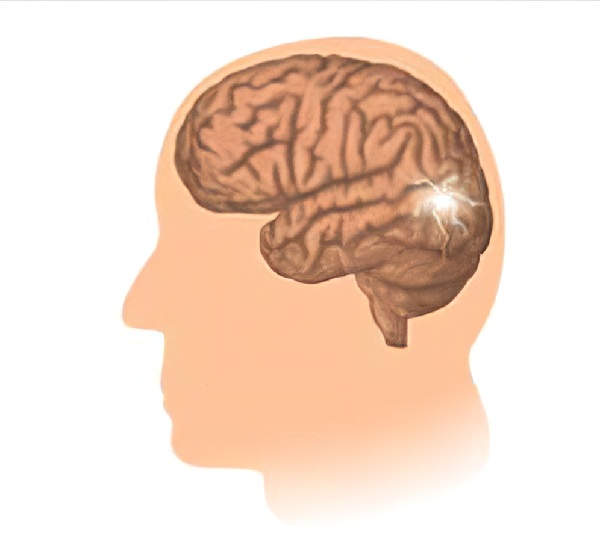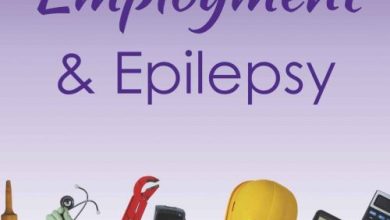
Epilepsy research is continuously progressing, leading to exciting advancements in how we diagnose and treat seizures. These improvements offer hope for people living with epilepsy, providing better management and a higher quality of life.
1. Understanding Epilepsy:
Epilepsy is a condition where people experience repeated seizures due to unusual brain activity. It affects millions of individuals worldwide, making it a significant health concern.
2. Advancements in Diagnosis:
Researchers have developed better tools and techniques to diagnose epilepsy accurately. Advanced brain imaging, such as MRI scans and EEG (electroencephalogram) tests, help doctors see the brain’s activity and locate the source of seizures more precisely.
3. Genetic Testing:
Genetic testing has become an essential part of epilepsy research. By studying genes, scientists can identify specific types of epilepsy and predict how individuals may respond to certain treatments. This personalized approach allows for more targeted and effective therapies.
4. Wearable Devices:
Innovative wearable devices are being developed to monitor brain activity continuously. These devices can detect early signs of seizures, providing valuable data to doctors and helping patients take preventive measures.
5. Advancements in Treatment:
There are exciting developments in epilepsy treatment options:
– New Medications: Researchers have discovered and tested different antiepileptic drugs that offer improved seizure control with fewer side effects.
– Responsive Neurostimulation: Implantable devices that can detect seizure activity and deliver electrical impulses to stop seizures before they happen.
– Epilepsy Surgery: Advancements in surgical techniques allow for the removal of the brain’s seizure focus, providing a chance for complete seizure freedom in some cases.
6. Epilepsy and Pregnancy:
Research has also focused on managing epilepsy during pregnancy. By understanding how epilepsy and pregnancy interact, healthcare providers can offer safer treatment options for pregnant women with epilepsy.
7. Lifestyle Interventions:
Researchers are exploring the impact of lifestyle factors on epilepsy. Studies suggest that maintaining a healthy diet, regular exercise, and managing stress can help reduce seizure frequency and improve overall well-being.
Conclusion:
Epilepsy research continues to make significant strides in the diagnosis and treatment of seizures. With advanced technologies, personalized approaches, and a better understanding of the condition, individuals living with epilepsy can look forward to improved management and a better quality of life. As scientists continue to delve deeper into epilepsy research, there is hope for even more groundbreaking advancements in the future.




